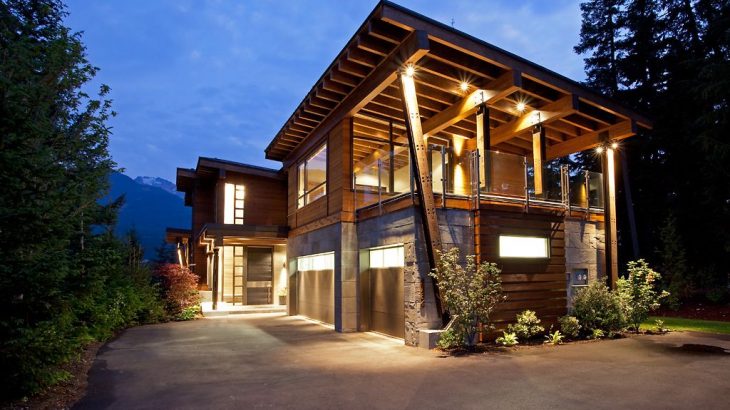You have equity in your house and it’s increasing every month as you pay your mortgage down and as your house appreciates. What is your equity doing for you? Absolutely NOTHING. As I have written in many other blog posts (here’s one: Four Ways to Put Your Equity to Work for You: #1 Renovate / Update) your equity has ZERO return on investment. Your house grows in value because of the market and has nothing to do with the amount of equity you have. Consider two identical homes that are right next to each other and cared for in the exact same way. They are both worth $300,000 and will appreciate the same even though the Smith’s mortgage balance is $170,000 while the Jones just refinanced to pull out equity to buy a vacation home and now they owe $240,000 (80% of the value of their home). The real estate market doesn’t care that the Smiths have more equity; appreciation will benefit both homes equally. The bonus for the Jones is that they now have two homes which means more appreciation.
The Benefits?
There are lots of things to do with the dead equity in your home that provide financial benefits, though I don’t recommend taking money out to go on vacations. While vacations can create lasting memories, they aren’t good investments as far as utilizing the equity in your home. Conversely, paying off debt to increase your cash-flow which will help you invest in Roth IRAs, a non-retirement investment account, or max out your 401k, is a good thing. Investing in real estate is another great way to put your equity to work for you. Investing in real estate allows you to take advantage of leverage (check out this video: The Leverage Multiplier) and there are other benefits as well. Buying a vacation home allows you to own more real estate that you and your family can enjoy together for many years while helping you to create wealth. Whether you want to buy a cabin in the mountains or on the lake, a beach house, or a home wherever you like to visit frequently (Vegas, anyone?), markets where people buy vacation homes are typically good for real estate with regard to appreciation. Additionally, you may want to retire where your vacation home is which means that if you buy that home now, you are buying at today’s prices which will most certainly be a (significant) discount to the price you would pay several years down the road.
How Does It Work?
In order to access the equity in your home to use it as a down payment for a 2nd home / vacation home, you would need to do a cash-out refinance. Second homes are more like primary residences than investment properties when it comes to mortgages. They only require 10% down (investment properties require 20% down and primary residences can be purchased with as little as 3% down although the terms are better with 5% down) which means that a vacation home that costs $300,000 would only require a $30,000 down payment. If your primary residence is worth $300,000 and you owe $180,000, you could refinanced up to 80% of the value which would give you a $240,000 loan and about $55,000 or so in cash after paying off the current first mortgage and closing costs. After the 10% down payment and the money for the closing costs, you would have some money left over to buy some furniture for your new house. Assuming that both markets (the one where you live and the one where you are buying your vacation home) are roughly equal, you will now have the benefit of doubling your equity each year as real estate appreciates. Hence, with a 5% appreciation rate on $600,000, your wealth would increase $30,000 with the two homes as opposed to $15,000 with just your primary residence. This compounds every year and if you choose to retire to your vacation home, you will not only have purchased it at a discount, but you will have a great start on getting it paid off and with the sale of your primary residence, you could possibly pay off your vacation / retirement home or take the money and invest it in a number of things from income-producing liquid investments to income-producing real estate.
Feel free to contact me if you would have questions regarding your specific situation or would like to run some numbers to see what your situation would be like.




